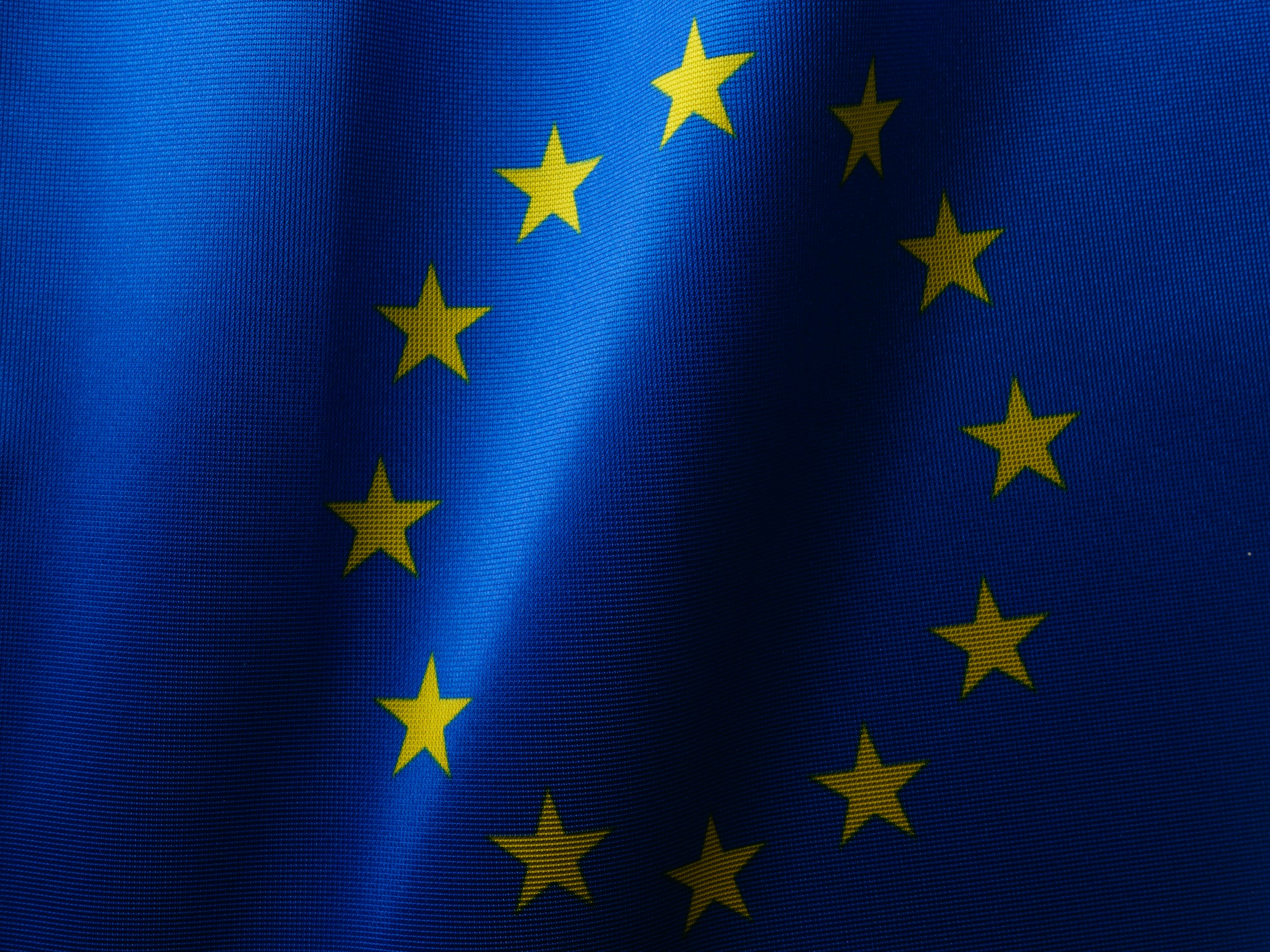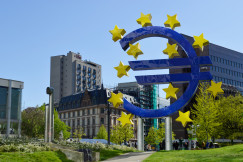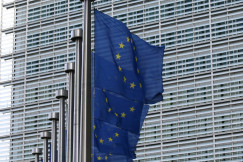News
02 June 2025
European Commission launches 2025-2030 plan to advance circular and energy-efficient products
News
02 June 2025
Sustainable competitiveness
Regulation and public governance
Cultural and creative industries
+15 more
Login / create an account to be able to react
-
15

The European Commission’s 2025-2030 plan under the Ecodesign for Sustainable Products Regulation (ESPR) and Energy Labelling Regulation focuses on enhancing product sustainability through targeted ecodesign requirements and energy labelling, with an emphasis on repairability and recyclability, while supporting SMEs and engaging stakeholders in the implementation process.
Topics
Albania
Armenia
Austria
Belgium
Bosnia and Herzegovina
Bulgaria
Croatia
Cyprus
Czechia
Denmark
Estonia
EU-27
Finland
France
Georgia
Germany
Greece
Hungary
Iceland
Ireland
Italy
Kosovo
Latvia
Liechtenstein
Lithuania
Luxembourg
Malta
Moldova
Montenegro
Netherlands
North Macedonia
Norway
Poland
Portugal
Romania
Serbia
Slovakia
Slovenia
Spain
Sweden
Switzerland
Türkiye
Ukraine
Academic / Research and VET Institutions
Business Support Organisation
Company with 250 or more employees
Cluster Organisations
Consumer Organisations
Cultural and Heritage Organisations
Destination Management & Marketing Organisations
EU Institutions
Financial Institutions and Investors
Industry Associations and Chambers of Commerce
International Organisations
Local Authorities
Media / Journalist Organisations
National authorities
Networks and Federations / Confederations
NGOs / Non-profits
Notified Bodies
Regional Authorities
SMEs (a company with less than 250 employees)
Social Economy Entity
Trade Unions
Other
-
Transition Pathway's building blocks
-
-
Sustainable competitiveness
-
Regulation and public governance
-
-
Industrial ecosystems
-
-
Cultural and creative industries
-
Energy intensive industries
-
Energy-renewables
-
Proximity and social economy
-
Textile
-
-
Textiles ecosystem areas
-
-
Fibres, yarns and fabrics
-
Apparel and clothing accessories
-
Household/interior textiles
-
Technical textiles
-
Leather and fur
-
Footwear
-
Research and Innovation
-
Technology and Machinery
-
Waste management, reuse and repair
-
Business support and Communication
-
Not area specific (interested in more than one of the above)
-
Share
On 16 April 2025, the European Commission adopted the 2025-2030 working plan for the Ecodesign for Sustainable Products Regulation (ESPR) and Energy Labelling Regulation. This initiative aims to promote sustainable, repairable, circular, and energy efficient products across the EU, aligning with the Clean Industrial Deal and the Competitiveness Compass.
The plan prioritises introducing ecodesign requirements and energy labelling for products such as steel and aluminium, textiles (particularly apparel), furniture, tyres, and mattresses. These categories were selected based on their potential to contribute significantly to the circular economy. To enhance product sustainability, the Commission will implement horizontal measures focusing on repairability for consumer electronics and small household appliances. This includes introducing a repairability score and recyclability requirements for electrical and electronic equipment.
The development of these requirements will consider the needs of Small and Medium Enterprises (SMEs), ensuring tailored support for micro-enterprises and small mid-cap companies. Future ecodesign and energy labelling requirements will address product performance aspects like durability, energy and resource efficiency, availability of spare parts, and minimum recycled content.
To read more, visit the full press release here.
Comments (0)
See also
-
11
European Commission unveils strategy to simplify and strengthen the EU Single Market
- Categories
- Infrastructure Investments and funding R&I, techniques and technological solutions +28 more
-
290
European Commission opens consultation on Digital Product Passport
- Categories
- Skills Social dimension Sustainable competitiveness +25 more
-
9
Cross-industry and sectoral social dialogue
- Categories
- Infrastructure Investments and funding R&I, techniques and technological solutions +28 more




